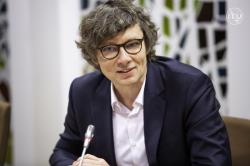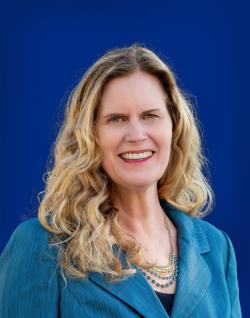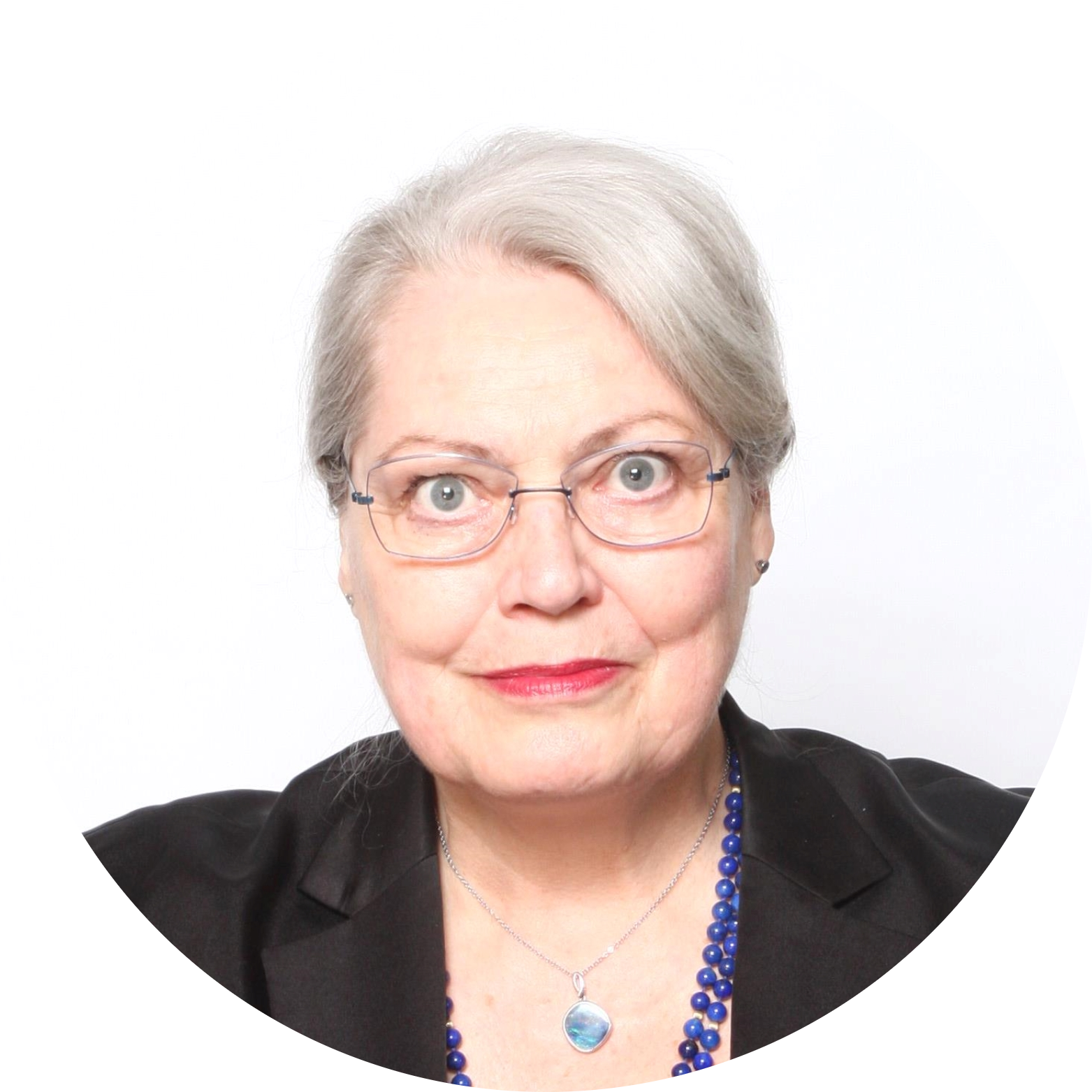IEEE Knowledge Cafe: Strong Sustainability by Design, Place-based Policy and the SDGs
Institute of Electrical and Electronics Engineers (IEEE)
Session 149
Light lunch will be served.
Join this interactive Knowledge Cafe (lunch served) hosted by IEEE as part of the IEEE Planet Positive 2030 initiative. At the session, participants will explore together how strong sustainability principles, technical standards, and place-based policy approaches can work together to advance progress toward the UN Sustainable Development Goals (SDGs). Participants will engage in small-group discussions to reflect on how technology design and standards can better support ecological integrity, climate resilience and inclusive local development.
Through participatory dialogue and shared readouts, the session will surface insights and pathways for embedding sustainability-by-design into real-world systems–bridging global standards with community-centered solutions. This is a unique multi-stakeholder opportunity for policymakers, technologists, civil society and standards experts to co-create knowledge on how to localize and scale sustainability through standards, innovation and policy alignment.
SDGs addressed include: SDG 6 (clean water and sanitation), SDG 7 (affordable and clean energy), SDG 9 (industry, innovation and infrastructure); SDG 11 (sustainable cities and communities); SDG 12 (responsible consumption and production); and SDG 13 (climate action).
In advance of the session, may we suggest reviewing Strong Sustainability by Design: Prioritizing Ecosystem and Human Flourishing with Technology-based Solutions at: https://sagroups.ieee.org/planetpositive2030/our-work/
Objective:
To explore how standards, technology design and local governance models can:
- Advance strong sustainability by addressing regenerative systems, ecological integrity and long-term resilience.
- Enable locally grounded solutions that reflect place-based realities and priorities.
- Support measurable progress toward the SDGs.


.png?maxwidth=250)
-
 C2. Information and communication infrastructure
C2. Information and communication infrastructure
-
 C4. Capacity building
C4. Capacity building
-
 C7. ICT applications: benefits in all aspects of life — E-environment
C7. ICT applications: benefits in all aspects of life — E-environment
-
 Goal 6: Ensure access to water and sanitation for all
Goal 6: Ensure access to water and sanitation for all
-
 Goal 7: Ensure access to affordable, reliable, sustainable and modern energy for all
Goal 7: Ensure access to affordable, reliable, sustainable and modern energy for all
-
 Goal 9: Build resilient infrastructure, promote sustainable industrialization and foster innovation
Goal 9: Build resilient infrastructure, promote sustainable industrialization and foster innovation
-
 Goal 11: Make cities inclusive, safe, resilient and sustainable
Goal 11: Make cities inclusive, safe, resilient and sustainable
-
 Goal 12: Ensure sustainable consumption and production patterns
Goal 12: Ensure sustainable consumption and production patterns
-
 Goal 13: Take urgent action to combat climate change and its impacts
Goal 13: Take urgent action to combat climate change and its impacts